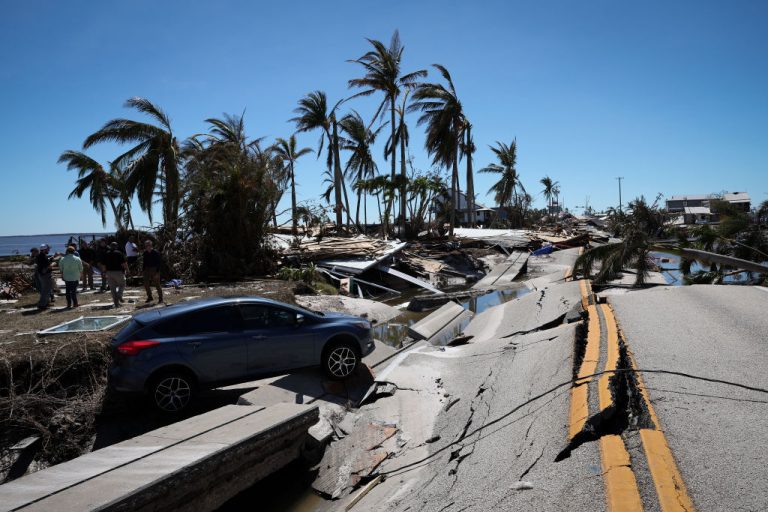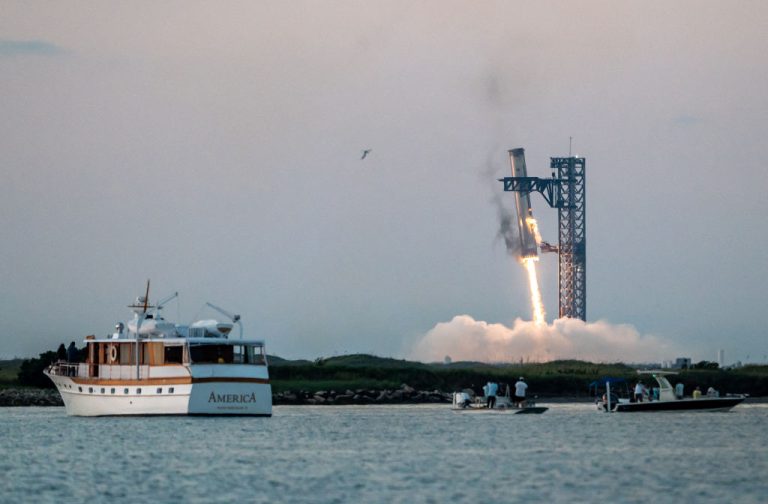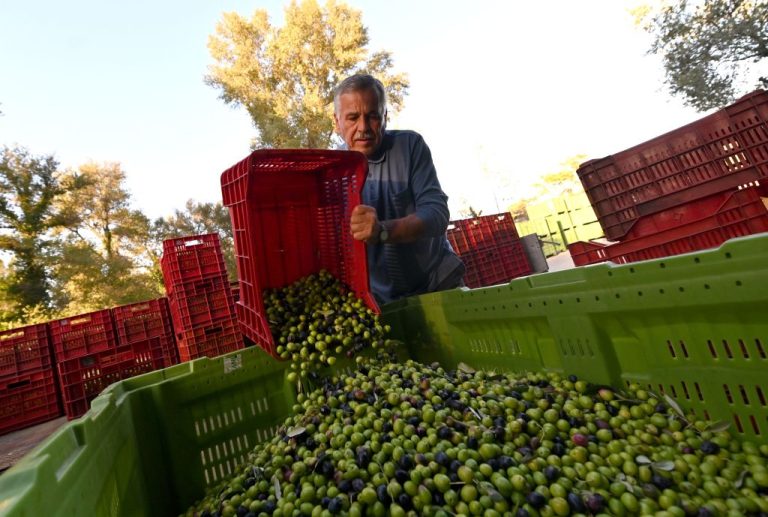Though no stranger to hurricanes, the state of Florida is on high alert as Hurricane Milton barrels toward its west coast. The powerful storm will make landfall near Tampa Bay on Wednesday night and is expected to tear through much of the state’s central region, including the heavily populated areas of Orlando and Sarasota.
The storm — fluctuating between Category 4 and 5 — follows closely on the heels of Hurricane Helene, which is complicating recovery efforts and straining emergency services. Over 3 million people are under evacuation orders, though many residents remain reluctant to leave, despite warnings of life-threatening storm surges and debris from Helene potentially becoming deadly projectiles.
Governor Ron DeSantis emphasized the urgency of evacuating areas vulnerable to storm surges, with waves predicted to reach 10-15 feet in some areas. “The danger is very real,” said DeSantis, as he urged residents in the impact zone to not take any chances. Many Floridians, however, face challenges in leaving their homes thanks to fuel shortages, traffic congestion, and hotels that are booked to capacity as thousands try to flee at once.
RELATED: Millions Under Rising Heat, Without Power Following Hurricane Beryl’s Strike on Houston
‘There will be fatalities’
“There is high confidence that this hurricane is going to pack a major punch and do an awful lot of damage,” said DeSantis during a press briefing, adding, “There will be fatalities — I don’t see a way around it when the storm surge is 10 feet.”
Success
You are now signed up for our newsletter
Success
Check your email to complete sign up
Meteorologists are gravely concerned about the intensity of Milton. Philip Klotzbach, a hurricane expert at Colorado State University, warned that “Milton is one of the most powerful storms we’ve seen this season, and coming right after Helene, it’s a double disaster scenario.” Milton is the third major hurricane to form in just over two weeks, stressing disaster response teams already dealing with Helene’s aftermath.
Debris left behind by Helene has not been fully cleared, raising concerns that strong winds from Milton could turn these into dangerous projectiles, worsening damage and increasing the risk to those who choose to stay behind.
“This is a worst-case scenario — two powerful hurricanes striking the same area in quick succession. The debris from Helene could make Milton even more deadly,” said Jeff Masters, a meteorologist with Yale Climate Connections.
Nowhere to turn
Meanwhile, hotels across the state are at capacity as people rush to find safe shelter. Highways and roads are clogged with cars as residents flee northward, many driving through heavy rain and winds already starting to hit Florida. Local officials are urging people to leave as soon as possible, as the window for safe evacuation is rapidly closing.
For those staying behind, emergency officials have set up shelters, though capacity is limited. Hospitals are bracing for power outages and the potential surge in patients due to storm-related injuries. Florida’s National Guard is on standby, assisting with evacuations and preparing to respond to search and rescue missions after the storm hits.
Hurricane Milton’s timing is especially concerning because of the damage already caused by Helene. Some neighborhoods still have homes with tarps instead of roofs, and many streets are already experiencing flooding. This makes both preparation and evacuation harder, as residents and officials are stretched thin from dealing with the last storm. “The challenges of recovering from Helene while bracing for Milton are immense,” said FEMA administrator Deanne Criswell.
“Obviously life is more important than possessions, so you can always rebuild and recreate what you had,” Alan Staniforth, a sailing instructor, told NPR as he evacuated from Sarasota with his family on Tuesday.
Climate change at play?
Scientists have long been sounding the alarm about the increasing intensity of hurricanes due to climate change. As global temperatures rise, warmer ocean waters near the Gulf of Mexico and in the Atlantic are contributing to stronger and more unpredictable storms. Milton’s rapid intensification mirrors recent patterns seen in other storms, where hurricanes have strengthened significantly in a short span of time, leaving little room for communities to adequately prepare.
The science behind the trend claims that rising sea surface temperatures increase the amount of moisture in the atmosphere, thereby fueling hurricanes and making them not only more powerful but also wetter, which causes more catastrophic flooding.
According to the National Oceanic and Atmospheric Administration (NOAA), the number of Category 4 and 5 storms has increased since the 1980s, and climate change models suggest that this trend will only continue. Experts also warn that storm surges are likely to worsen as sea levels rise, compounding the dangers of already devastating hurricanes.
‘A clear link’
“We’re seeing a clear link between warmer waters and the intensity of these storms. Hurricane Milton’s rapid intensification is a textbook case of how climate change is impacting the behavior of hurricanes,” said Philip Klotzbach, a hurricane researcher. This surge in powerful storms is placing a strain not only on emergency efforts but also on the communities that must endure repeated cycles of destruction and rebuilding.
Some insurance companies are even refusing to insure homes in impact zones due to the increased risks from frequent, intense storms. As these hurricanes grow in strength, insurance companies are facing soaring costs from damage claims, leading some to pull out of high-risk areas altogether.
As Milton approaches, Floridians are reminded of the wrath of Mother Nature. “There will be a time for rebuilding, but right now, the priority is saving lives,” said DeSantis.







